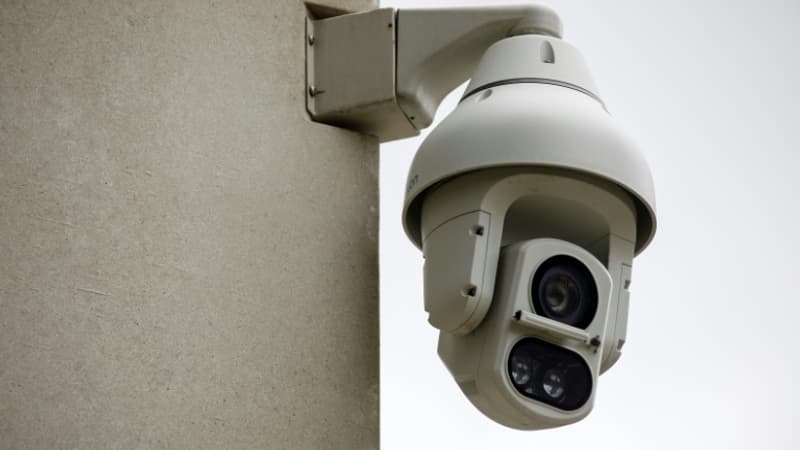The vote, which took place June 12 in the Senate, sparked outrage on the left. A bill was approved to authorize experimentation with facial recognition in public spaces for three years. The goal: to allow authorities to experiment, in certain cases, with this often-criticized technology.
While the government has ruled out the use of facial or biometric recognition during the 2024 Olympics, the bill introduced by Senator LR Marc-Philippe Daubresse and centrist Arnaud de Belenet reignites the debate over the use of this technology.
This proposal is based on the report on facial recognition and its risks. According to its authors, the objective of the text is “to establish clear red lines in the law to eliminate the risk of a surveillance society”, they defended during the debates.
Article 1 prohibits “any categorization and qualification of natural persons on the basis of their biometric data”, as well as the recognition of natural persons on the basis of their biometric data in public space in real time.
And the article to specify: “these treatments may not carry out any reconciliation, interconnection or automated link with other personal data processing”.
In case of serious threats
Article 2 gives the possibility to event organizers, exposed to terrorist risks or threats to the safety of people, to install biometric surveillance systems without the consent of the people filmed. On the other hand, the organizers must prove the high level of reliability of the system.
Article 5 authorizes, even on an experimental basis, “specialized intelligence services […] to use, […] biometric data processing software […] aimed at identifying, based on their biometric characteristics, the detailed and previously enumerated persons who pose a serious and immediate threat to public order”.
The use of a posteriori facial recognition is authorized by the text to the extent that the images are used by intelligence services or under the control of a judge for serious crimes (terrorism or arms trafficking, for example).
Authorities will be able to use this technology to identify people on criminal records or use video surveillance images.
The rapporteur Philippe Bas (LR) specified during the work in the Senate Committee that it was necessary to rule out any “Chinese-style social control”. The text must now be examined by the National Assembly.
Source: BFM TV


